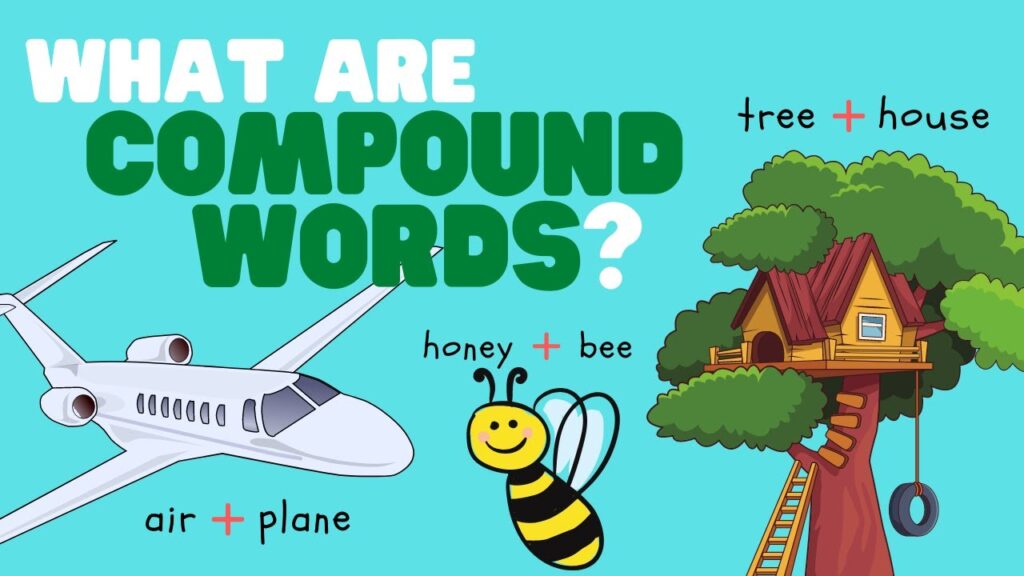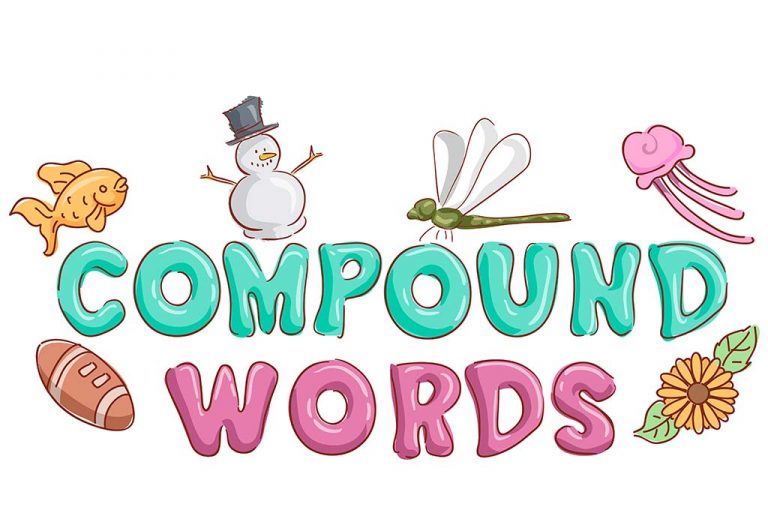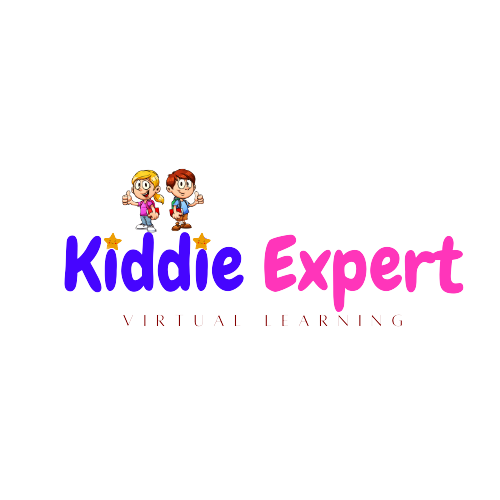Compound words are words that are formed by combining two or more words to create a new word. The new word often has a different meaning than the individual words that make it up. Compound words can be formed in a variety of ways, including by combining two nouns, a noun and an adjective, or a verb and a noun.

Examples of compound words formed by combining two nouns include “bookshelf,” “teapot,” and “toothbrush.” These words combine two nouns to create a new word that refers to a specific object or concept. Compound words formed by combining a noun and an adjective include “blackboard,” “redhead,” and “bluesky.” These words combine a noun and an adjective to create a new word that describes a specific characteristic of the noun. Compound words formed by combining a verb and a noun include “skateboard,” “backpack,” and “breakfast.” These words combine a verb and a noun to create a new word that refers to a specific activity or concept.
Compound words can also be formed by combining two or more words to create a phrase that functions as a single word. For example, “ice cream,” “post office,” and “washing machine” are all compound words that are formed by combining two or more words to create a single word that refers to a specific object or concept.
The use of compound words is common in English, and they are often used to create more specific or precise meanings. For example, “fire truck” refers specifically to a vehicle used to fight fires, while “truck” on its own could refer to any type of large vehicle. In addition to being useful for communication, compound words can also be a fun way to play with language and create new words and meanings. Some compound words are even used in popular culture, such as “butterbeer” from the Harry Potter series.
Overall, compound words are an important part of the English language, and they allow us to communicate more effectively and creatively.
Here are 50 examples of compound words:
- toothbrush
- airplane
- sunglasses
- rainbow
- backpack
- bookshelf
- newspaper
- keyboard
- baseball
- bedroom
- sunflower
- grandfather
- snowman
- sidewalk
- headache
- watermelon
- campfire
- toothpaste
- playground
- moonlight
- breakfast
- notebook
- jellyfish
- raincoat
- postcard
- popcorn
- snowflake
- butterfly
- lighthouse
- fireman
- treehouse
- dragonfly
- moonwalk
- basketball
- birthday
- scarecrow
- firework
- thunderstorm
- jellybean
- goldfish
- strawberry
- highway
- football
- peanut butter
- bookcase
- waterfall
- blackboard
- butterfly
- nightgown
- dragonfly

Here are some fun activities for learning and practicing compound words:
Word Hunt: Give students a list of compound words and have them find examples of each word around the classroom or in a book. This is a fun way to get students moving and engaged in the learning process.
Word Match: Provide students with a set of cards with individual words on them, and have them match the cards to create compound words. This activity can be done individually or in pairs, and can be adapted for different levels of difficulty.
Word Sort: Have students sort a list of words into two categories: compound words and non-compound words. This activity helps students understand the difference between compound and non-compound words.
Word Puzzle: Create a puzzle with a compound word split into two parts, and have students put the puzzle pieces together to form the complete word. This is a fun way to help students visualize how compound words are formed.
Word Scramble: Give students a scrambled compound word and have them unscramble it to form the correct word. This activity helps students practice spelling and recognizing compound words.
Word Bingo: Create a bingo game using compound words, with each square containing a different compound word. Students can mark off the words as they hear them, and the first student to get a complete row or column wins.
Word Race: Have students race to write down as many compound words as they can in a set amount of time. This activity is a fun way to build vocabulary and improve recognition of compound words.
Overall, these activities can help make learning about compound words fun and engaging for students, and can help them build a strong foundation in language and literacy skills.

